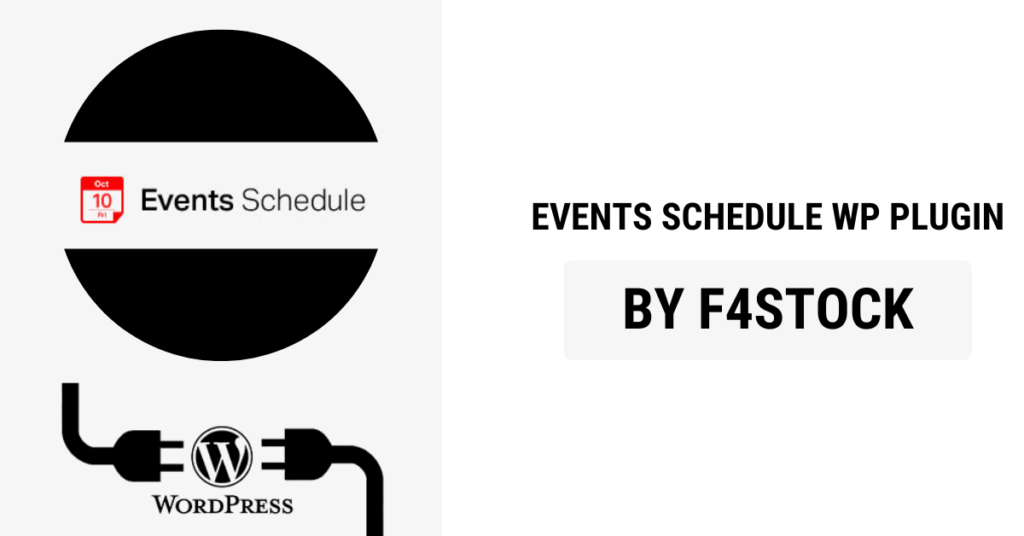In today’s fast-paced digital world, websites have become more than just a static online presence. They’re now interactive hubs where businesses, organizations, and individuals connect with their audiences. If your website features events—whether workshops, webinars, concerts, or community gatherings—an effective event scheduler can be the key to making your site stand out.
In this blog, we’ll dive into why integrating a seamless event scheduler into your WordPress website is a game-changer, how it enhances user experience, and what features to look for when choosing the right plugin.
Why an Event Scheduler is Essential
An event scheduler transforms your website from a basic information center into a dynamic platform that engages your visitors. Here are some reasons why an event scheduler is essential for modern websites:
- Improved User Experience A seamless event scheduler allows visitors to view, register for, and even save events directly from your website. No more scrolling through endless pages or manually looking for event details.
- Enhanced Organization Having all your events listed in one central, easy-to-navigate calendar helps you stay organized and ensures your audience has a clear view of what’s happening.
- Boosted Attendance The easier it is for people to find and register for events, the more likely they are to attend. A user-friendly scheduler simplifies the process and encourages participation.
- Professional Appeal An attractive, responsive event calendar gives your website a polished and professional look, helping you stand out in a crowded digital landscape.
Features to Look for in an Event Scheduler Plugin
When choosing the right event scheduler for your WordPress site, it’s important to consider features that cater to both your needs and your audience’s expectations. Here are some must-haves:
- Customizable Design The plugin should blend seamlessly with your website’s theme and branding. Look for customization options like color schemes, layouts, and font styles.
- Mobile Responsiveness With more users accessing websites from their phones, a responsive event scheduler is non-negotiable. It should look and function perfectly on all devices.
- Integration Options Ensure the plugin integrates with tools like Google Calendar, Zoom, or WooCommerce for event registrations, ticket sales, or virtual events.
- Recurring Events Support If you host regular events, such as weekly classes or monthly meetings, a plugin that supports recurring events will save you time and effort.
- Search and Filter Capabilities Visitors should be able to easily find events by date, category, or keyword. Advanced search and filter options enhance usability.
- Easy Registration and Payment A seamless sign-up process with secure payment options (if needed) ensures a smooth experience for your attendees.
How an Event Scheduler Makes Your Website Shine
Adding a robust event scheduler plugin to your WordPress site can elevate its functionality and appeal. Here’s how:
- Showcase Your Events in Style With visually appealing layouts like grid, list, or carousel views, your events will grab attention and encourage exploration.
- Centralized Event Management Manage all your events from one dashboard, reducing the hassle of updating multiple pages or platforms.
- Foster Community Engagement By highlighting upcoming events, your website becomes a hub for community activity and interaction.
- Save Time and Effort Automate repetitive tasks, such as sending event reminders or updating calendars, allowing you to focus on planning great events.
Recommended Event Scheduler Plugins for WordPress
To help you get started, here are some highly-rated WordPress plugins for event scheduling:
- The Events Calendar: A popular choice with a range of features, including event registration and ticketing.
- Amelia: A user-friendly booking plugin suitable for events, appointments, and more.
- Modern Events Calendar: Known for its elegant design and extensive customization options.
- Timely All-in-One Events Calendar: Ideal for organizations that need advanced scheduling features.


